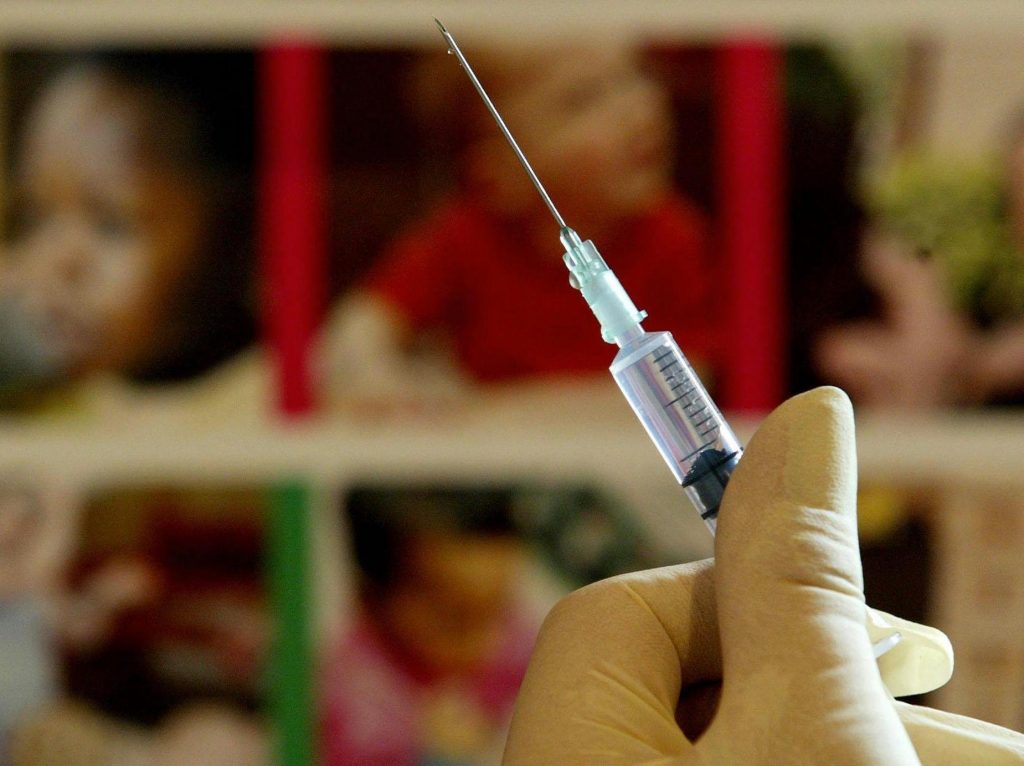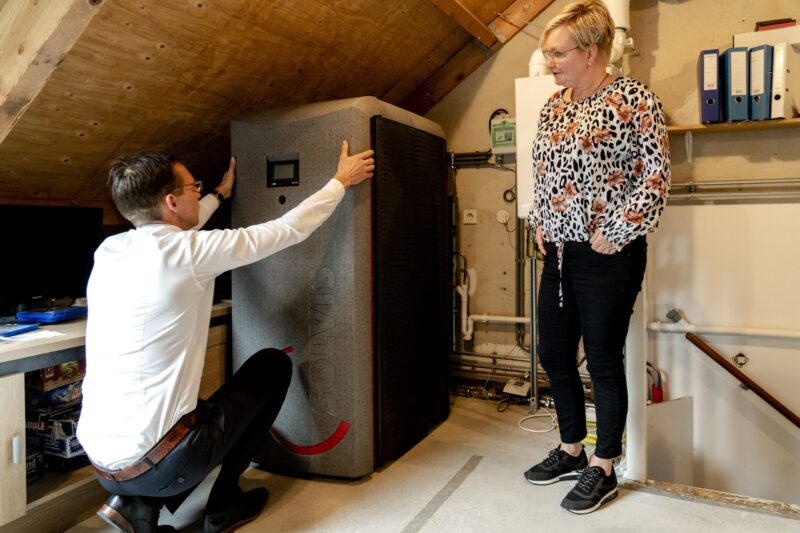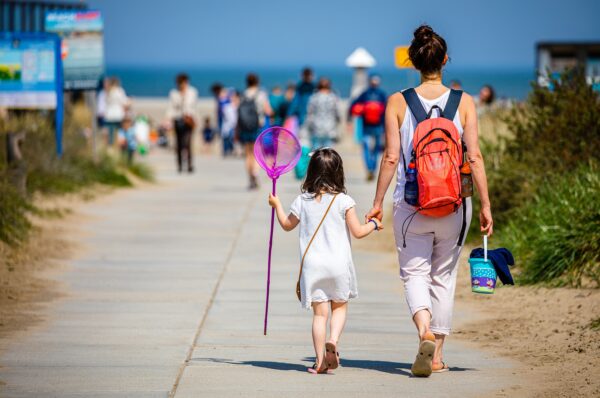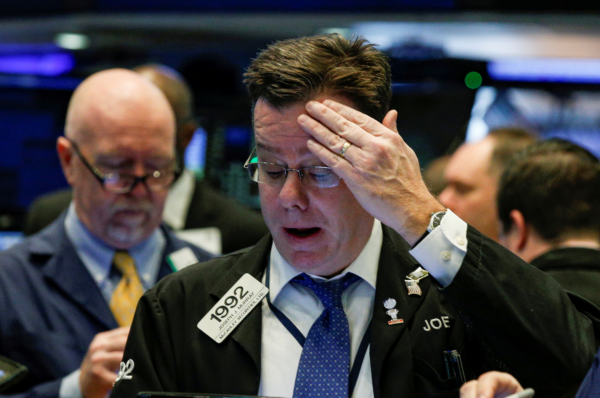- New York City residents who are vaccinated should not yet worry about polio in the wastewater, experts told Insider.
- Most children and immigrants are required to get a polio vaccine. The four-dose series can provide immunity for decades.
- People who are not vaccinated should "rush" to get a jab from their physician, one expert said.
New York City health officials found polio in the wastewater, a sign the disease that had been eliminated from the country since 1979 might be spreading locally.
Vaccinated New Yorkers have little to worry about, Dr. Jay Varma, director of the Center for Pandemic Prevention and Response at Weill Cornell Medicine, told Insider. While the CDC says it's "not known" how long immunity lasts from the vaccine, Varma said research suggests it can provide lifelong protection.
But everyone who is not up-to-date on their vaccinations should "rush" to get shots, Varma said. "If you or anybody in your family is not up-to-date on your vaccines, you should be very worried," he added.
"The fact that we're seeing a return of polio in the year 2022 in New York is a very worrisome sign. It's an indication that our public health infrastructure is not as strong as it needs to be to keep Americans safe and healthy."
Here's everything you need to know about the polio vaccine and whether you need a booster shot:
What is the polio vaccine, and are there any side effects?
The polio vaccine administered in the US uses the inactive strains of all three poliovirus types, according to the World Health Organization. A four-dose series of the inactivated polio vaccine (IPV) triggers the immune system to produce antibodies that can ward off the three types of poliovirus.
The IPV — "an incredibly safe vaccine," according to Varma — is the only polio jab administered in the US since 2000. Two doses of IPV provide at least 90% protection, and three doses provide at least 99% protection, according to the CDC. (Another form of the vaccine, the oral polio vaccine, uses live but weakened poliovirus strains. Though cheap and effective, it can continue to contaminate water through feces and infect unvaccinated people. It is typically distributed in developing countries.)
Recipients may experience mild side effects including:
- sore throat;
- soreness at the injection site;
- fainting in rare cases;
- An allergic reaction in one per every million doses.
Side effects appear within minutes or hours of getting the shot, according to the CDC.
Who needs a polio vaccine?
Everyone who has not received a polio vaccine yet should get one, Varma said.
Federal law requires immigrants to get vaccinated against a slew of deadly viruses, and state law dictates rules about vaccination for schoolchildren.
While jurisdictions can decide their own vaccine regimens, the CDC recommends babies get a three-dose polio series, and receive a fourth shot between the ages of 4 to 6.
(If you're not sure whether you received the polio vaccine, Insider's Hilary Brueck shared advice on how to find out.)
How to get a polio vaccine
If you are an adult and not up-to-date on your polio vaccine, or if you aren't sure about your vaccine status, Varma said to contact your physician and ask if they have it.
New York City health officials said to call the health department or visit nyc.gov to find places administering the vaccine.
Varma said calling in advance for a polio jab is crucial as an adult because the vaccine is normally administered to children, meaning adult doctor's offices may not carry them.
Lab testing can reveal your polio immunity, but many labs stopped administering these tests due to the disease's elimination in the US, Varma said.
If you got a shot as a kid, you're likely protected for decades.
Immunity from the four-dose series likely lasts decades, according to Dr. Paul Offit, an attending physician at the Children's Hospital of Philadelphia and the hospital's director of the Vaccine Education Center.
Offit cited studies done by Jonas Salk, the inventor of the polio vaccine, that showed an inactived polio virus vaccine can induce an "anamnestic response," or the body will remember the invading virus and produce the right antibodies to ward it off.
The CDC states the length of time someone who received the polio vaccine has immunity is unknown, but they are most likely protected for "years."
The CDC said adults who completed a four-dose polio vaccination series as children as "at a higher risk" for polio exposure and can get a booster shot. There is no harm in getting an additional polio vaccine jab, said Varma, who himself recently received a booster.
"It's hard to know exactly how many New Yorkers have polio and carry this virus and might be able to transmit it to other people," Varma said. "So if you are not up-to-date, I would rush to make sure you get vaccinated, particularly if you have a young child."











